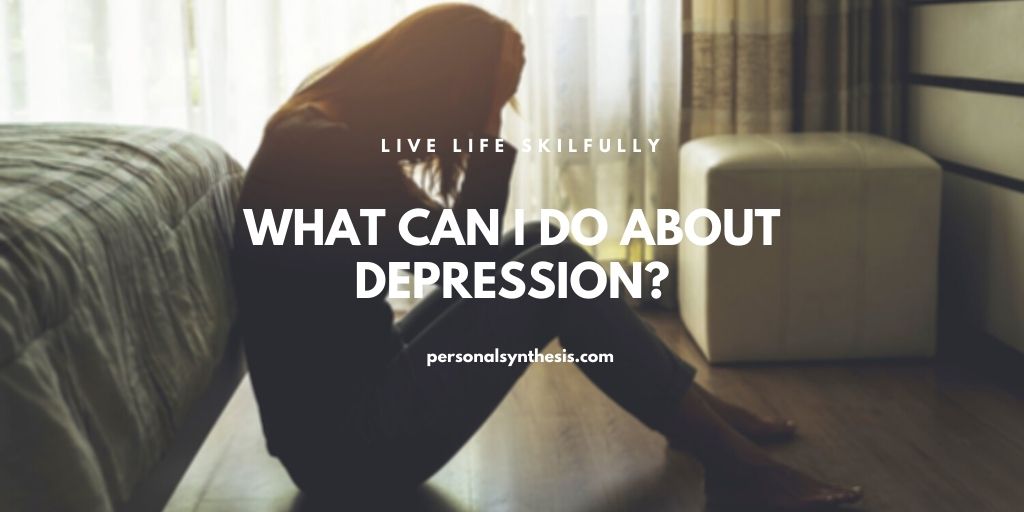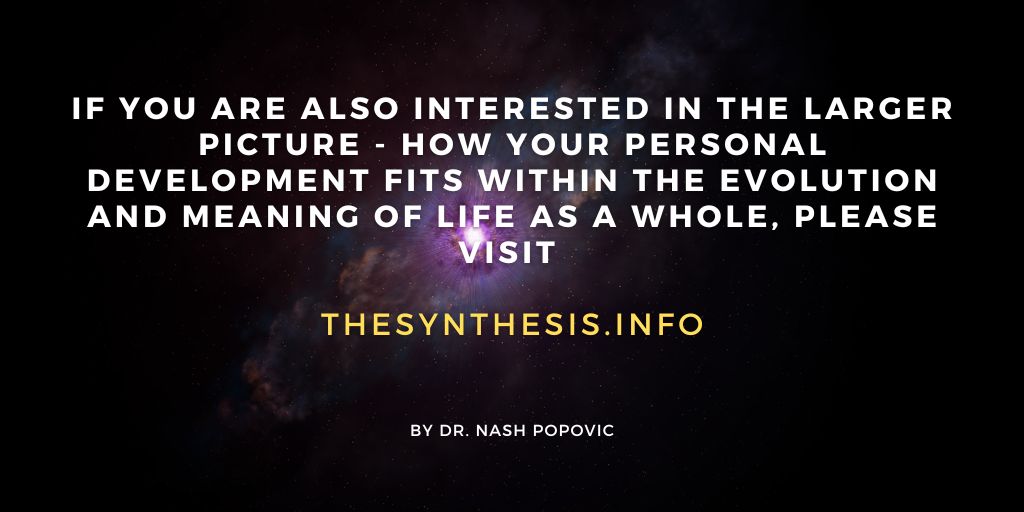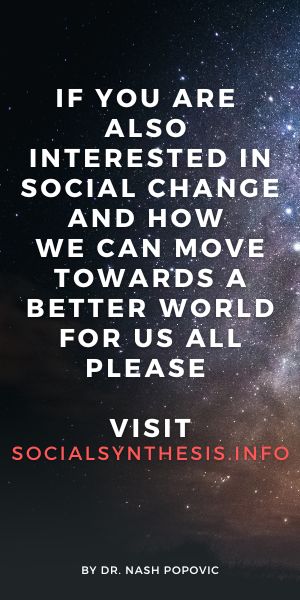What can I do about Depression?

Pedja Stankovic and Dr. Nash Popovic in conversation
P: I think most of us think about depression from time to time, so I’d like you to share your thoughts about this topic with me. Let’s start with clarifying the terminology: a lot of people face some kind of depressive mood from time to time. Is there a serious difference between “feeling depressive” (now or today or this afternoon) and “have depression“?
N: There is definitely a difference between these two. Feeling occasionally sad, or upset, or down, or despondent is a part of life’s repertoire. We all go through that. Real depression, or clinical depression, is quite different. The brain itself changes. But we don’t have scanners or other ways to assess the brain activity. So, how can we know if we are depressed? These are some signs of depression:
- You don’t have or sense meaning in life (‘sense’ is added because some people cannot formulate their meaning in life, but they can still feel it).
- No hope (this is one of the major signs of depression)
- You find it difficult to enjoy anything (even things you enjoyed in the past)
- It is hard to motivate yourself to get up in the morning (depression is usually worst in the morning)
- Sleeping problems (either difficulties falling asleep, or waking up very early and not being able to go back to sleep – this, though, can have different causes).
- The above lasts for more than a week.
P: Should depression be treated as an illness?
N: This is a controversial question. Some argue that depression should not be treated as an illness for fear of being medicalized, which usually involves a treatment in which the patient is more or less passive as when we are physically ill. On the other hand, some people like to have a name for that which makes them unwell, and also if depression is seen as an illness, it is more likely to be taken seriously (e.g. you may get a sick leave, which was in the not so distant past unheard of). In balance, I would personally go with the latter.
P: One aspect of this topic is especially interesting: we all know that a lot of famous and successful people have suffered of depression and some of these cases even came to a sad end. Actors, singers, writers, musicians… just to name a few professions. How can a successful person slide into depression? They have reached something most of us can only dream of, have fans/readers/popularity… Some of them made a lot of money, and then depression? Does it mean that creative and sensitive people are more susceptible to it?
N: This may sound weird, but actually, successful and rich people do not feel happier than the rest of us. This is because of a psychological quirk called habituation. We get accustomed to our situation. If you are used to flying in the first class, being relocated to the economy class is a tragedy. If you won an Oscar and your next role is criticized, you may beat your head with the statue. When you win the gold at the Olympic Games, what then? What do you do next that could give you the same sense of meaning in life? So it is, in fact, not surprising that the rich and famous do not get any less or more depressed than ordinary people – we just know more of them. Just think how many celebrities you know. More or less than you know people in your building or on your block? And if your building or block is of a descent size, almost certainly there are one or more people who are depressed right now.
P: Let’s now turn to more practical themes. If it is possible, can you please make some general suggestions on how to handle depressive feelings, since many of us face them from time to time? Stay calm and wait to let them go – or quite the contrary, do something to stop them? Do suggestions vary from person to person?
N: Again, we have to here separate clinical depression from depressive feelings. Of course, there is no clear demarcation line between these two, we are talking about a spectrum, but still it may be worthwhile to separate them. If you feel that you are at the deep end, I suggest professional help (counselling, psychotherapy) combined with medication as a temporary measure (think about medication as a springboard – it is useful to get you going, but you don’t want to keep bobbing on the springboard for ever). On the other hand, if you have depressive feelings that come and go and are not completely dilapidating, you can do some self-help interventions. In this case, it is sometimes ok not to do much. This is because fighting depressive feelings may actually create an internal conflict which can make things worse. This non-action action is recommended in Buddhism, Taoism, as well as Acceptance Commitment Therapy. But this doesn’t mean ignoring your feelings, in a ‘stiff upper lip’ or ‘soldier on’ fashion. It requires your awareness, learning what they are all about, when they grow and when they subside, and possibly about their triggers and courses. Also, our feelings are often affected by our thoughts, so you can check to what extent your thoughts that support them are justified. All of this and more you can find in Personal Synthesis.
P: Drugs – yes or no? If yes, on your own or only per expert suggestion?
N: As mentioned above, it is sometimes ok to use medication, because depression can cause a chemical imbalance in the brain (as well as shrinking of a part of the brain). However, medication is not a solution! They don’t cure you from depression, and they can be highly addictive. So use them only as long as it is necessary for you to take again the helm of your boat, and never ever self-medicate. Self-medicating is likely to make things worse (sometimes immediately, sometimes long term). Always seek the advice of a specialist.
P: Where is “the edge” when someone should go and ask for expert help?
N: This is very much subjective and may differ from person to person. But as a rule of thumb, two factors should be taken into account: the length and the depth. So, if your depressive symptoms last for a prolonged period of time without any change, and/or if they are so deep that you find it really hard to get up in the morning (even if wide awake), you may consider professional help. One more thing: do not try online tests for depression. They can be misleading, and even worse, they can make you really depressed!
P: Thank you, but we can’t leave without mentioning the C word. Covid-19 surely has a huge effect on depression?
N: Yes and no. In fact, most people adapted pretty well to the social distancing and other measures for controlling the epidemic (particularly those who have been furloughed). However, I expect that things will get worse after the crisis is over. This is like in a war. Most people do not get depressed during the war but after. Why is that? Well, this is a topic for a different conversation.
Personal Synthesis is a handy ‘one-stop-shop’ that brings together all the areas that play a vital role in our everyday lives, from self-awareness to intimate relationships. The materials are the result of twenty years of research and have evolved through the experience of running numerous personal development programmes with the general public, young people and university students.
To learn more, please visit the Personal Synthesis materials that cover this and many other topics.


